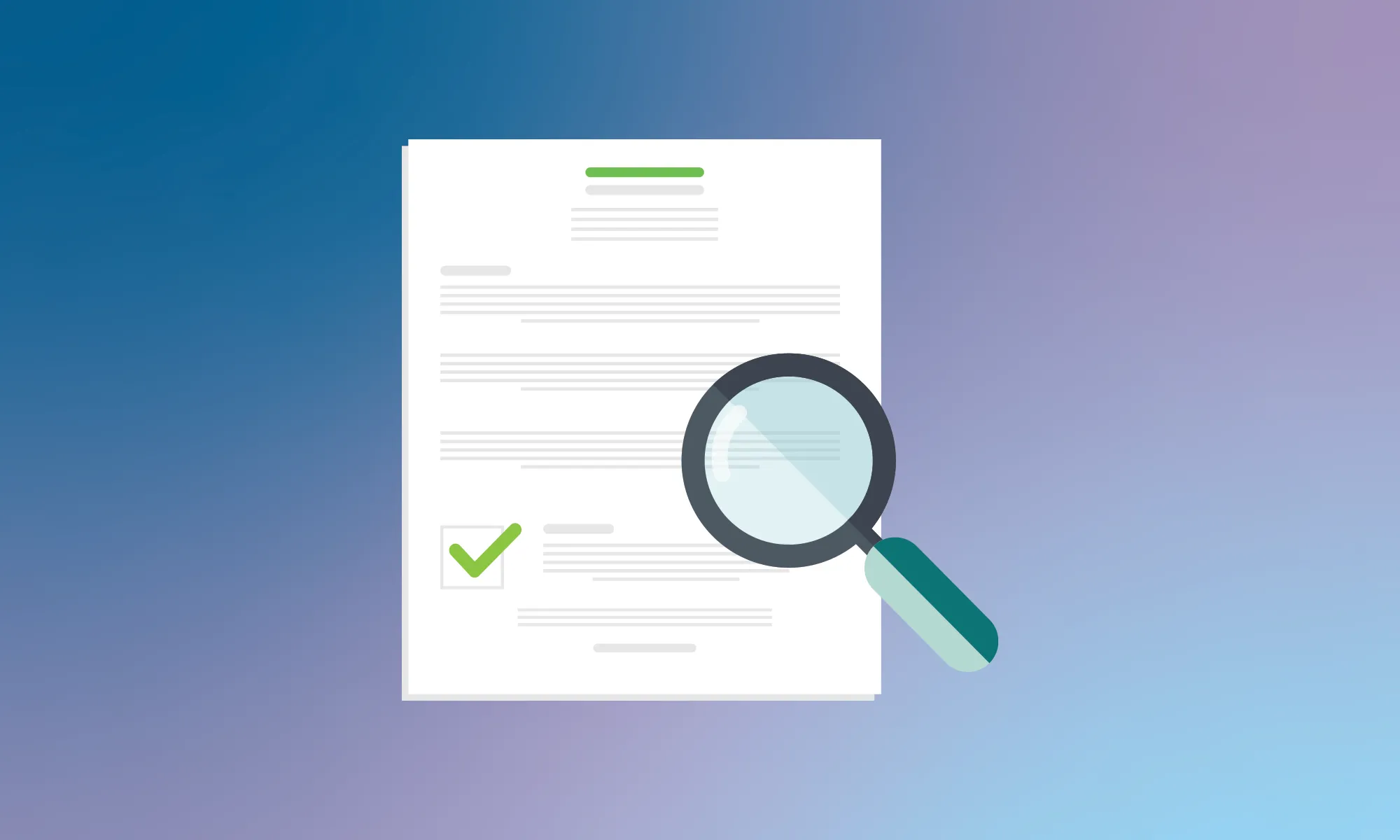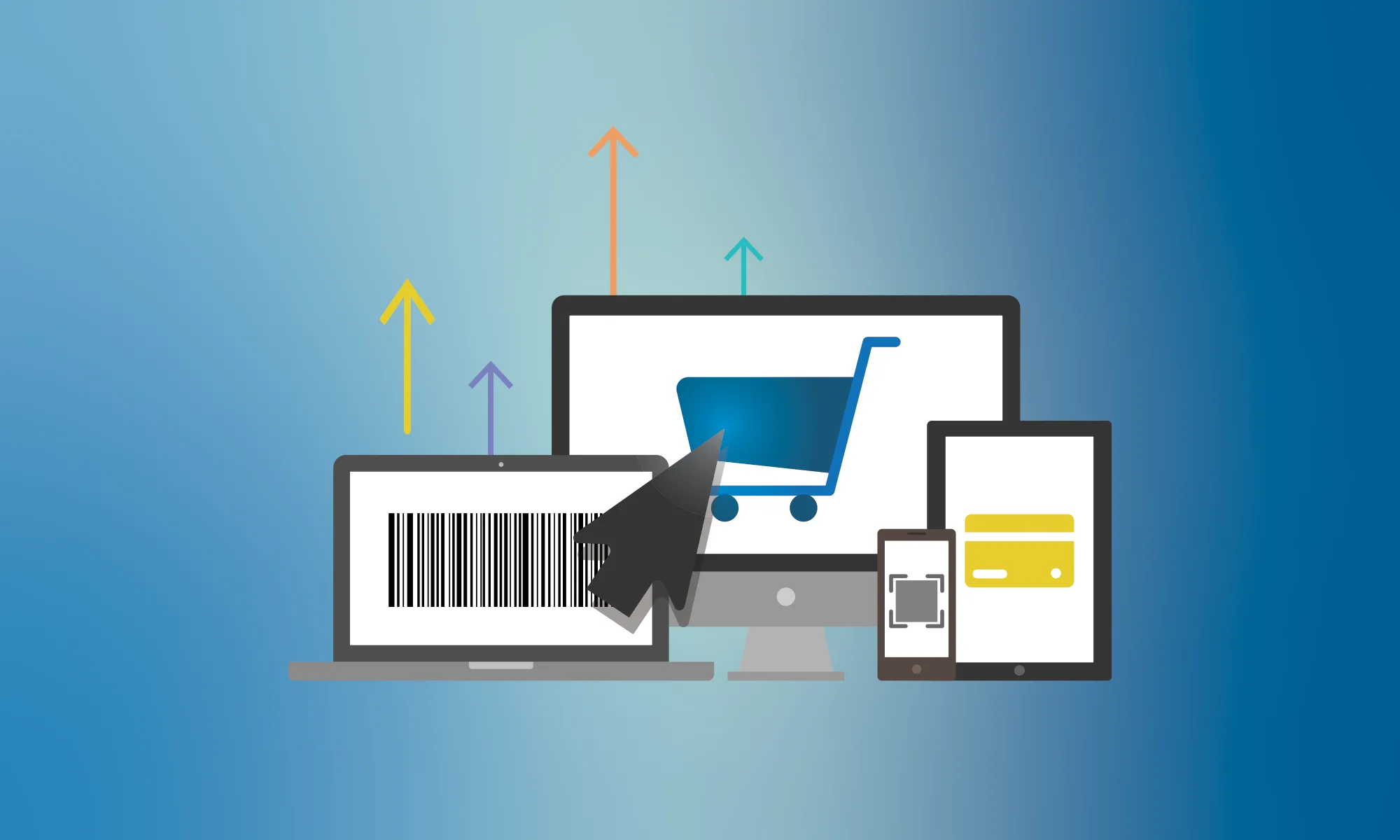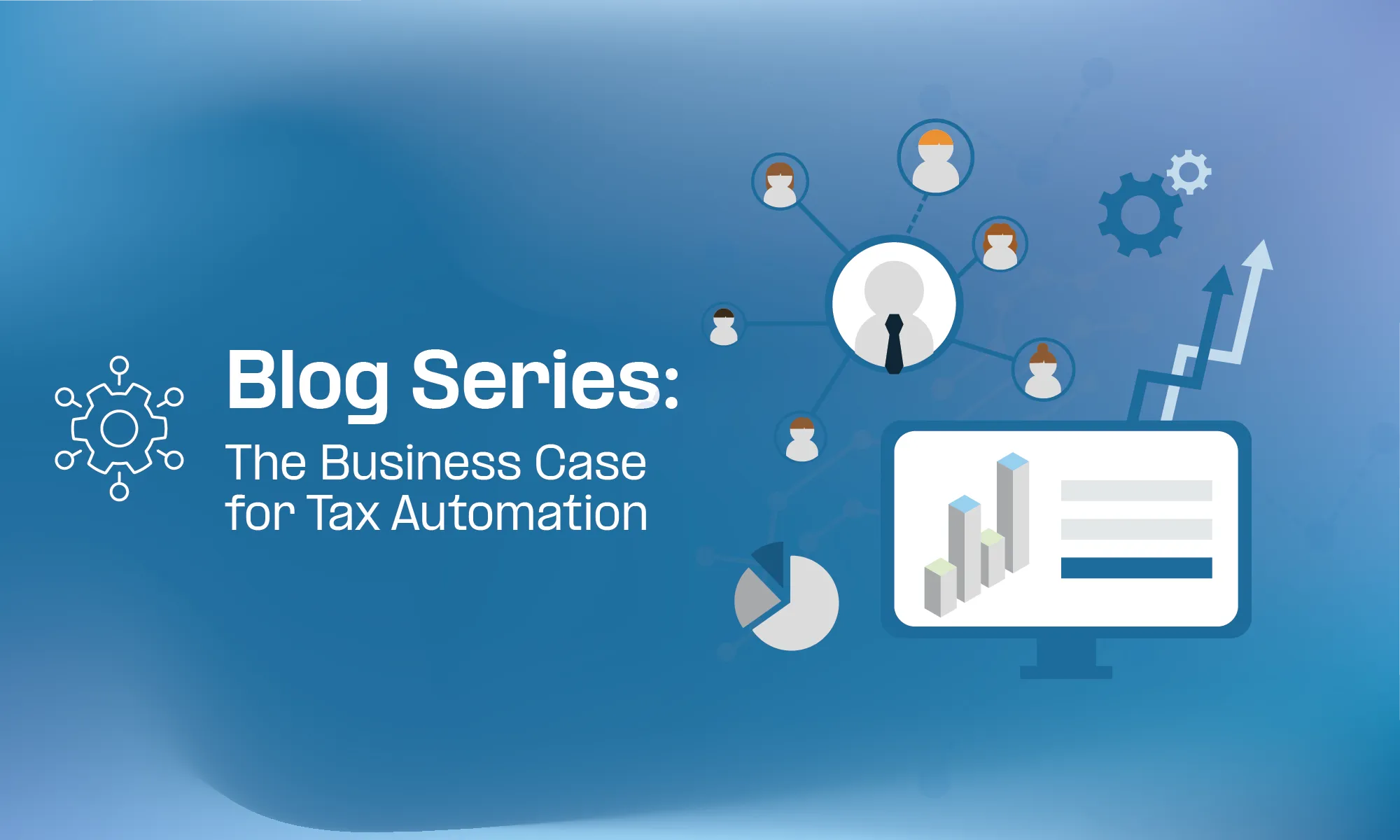Croatia
E-invoicing Guide
Summary
E-Invoicing
B2G e-invoicing is mandatory
Digital Reporting
Yes
Croatia Electronic Invoicing and Digital Reporting Requirements
Background
Croatia was one of the first EU countries where business-to-government (B2G) e-invoicing was introduced. Since December 1, 2018, all contracting public authorities have been obliged to receive electronic invoices. Since July 1, 2019, all suppliers have been obliged to issue only electronic invoices to contracting authorities - the governmental bodies purchasing goods and/or services.
Fiscalization became mandatory in Croatia in July 2019 for all point of sales B2B, B2C, and B2G transactions. Fiscalization is mandatory for self-employed natural persons subject to income tax, and for legal and natural persons subject to profit tax and covers cash transactions. Cash transactions should mean the payment for delivered goods or services using banknotes or coins which are considered to be legal tender, cards, cheques or other similar means of payment, except payments via transaction accounts.
What Types of Businesses Does This Apply to?
Since July 1, 2019, all suppliers have been obliged to issue only electronic invoices to contracting authorities.
Fiscalization became mandatory in Croatia in July 2019 for all point of sales B2B, B2C, and B2G transactions. Fiscalization is mandatory for self-employed natural persons subject to income tax, and for legal and natural persons subject to profit tax and covers cash transactions. Cash transactions should mean the payment for delivered goods or services using banknotes or coins which are considered to be legal tender, cards, cheques or other similar means of payment, except payments via transaction accounts.
Governmental Body Responsible for E-invoicing in Croatia
Penalties for Not Adhering to Croatia's E-invoice Mandates
According to the Croatian VAT Act, a penalty between EUR 260 and EUR 66,360 may be imposed on taxpayers, if
- the taxpayer does not issue an invoice or does not issue it within the prescribed period;
- the invoice is issued by a recipient who does not meet the conditions for issuing invoices;
- the taxpayer does not keep invoices and other documentation within the prescribed period.
In the above cases, a fine from EUR 130 to EUR 6630 might also be imposed on the responsible person in the legal entity.
A penalty between EUR 130 and EUR 26,540 might be imposed if the taxpayer fails to notify the competent tax administration about the fact that the invoices issued and received by him will be kept outside the territory of the Republic of Croatia. The responsible person in the legal entity will also be fined from EUR 60 to EUR 5300.
Based on the Croatian Cash Transaction Fiscalization Act, for fiscalization-related misdemeanors, the penalty range is from EUR 3,000 to EUR 0.5 million.
What does the e-invoicing process in Croatia look like?
- Taxpayers are required to register on the TA’s portal so they can report their transactions.
- The taxpayer sends an XML file about the transaction within 48 hours from when the service was done to the Croatian Tax Administration (Porezna Uprava).
- Croatian Tax Administration (Porezna Uprava) checks the XML file, adds a unique invoice identity code (JIR – jedinstveni identifikator računa), and sends back confirmation to the taxpayer.
- The taxpayer issues a receipt (including the JIR number, ZKI number, and QR code) and provides it to the customer.
- The customer receives the receipt.
- Registration of the sale can be verified through a web application of the Tax Administration by entering JIR or by scanning the QR code. The customer can verify the authenticity of the received invoice.
Is SAF-T Needed in Croatia?
- No.
E-Invoicing & Global Tax Automation with Fonoa
One way to comply with Digital Reporting Requirements in Croatia is to use a provider like Fonoa.
With Fonoa you can:
- Have one integration for your global needs, including Croatia
- Save time and money by automatically cleaning your data to minimize errors and manual work
- Utilize our validation mechanisms to ensure reporting accuracy, data completeness, full control, and compliance
- Rest assured that transactions are successfully reported or queued for internal investigation with our retry mechanisms
- Get full visibility with our dashboards by filtering criteria, analyzing granular transaction data, and quickly importing /exporting information
Disclaimer on Tax Advice
Fonoa does not provide professional tax opinions or tax management advice specific to the facts and circumstances of your business and that your use of the Specification, Site, and In addition, due to rapidly changing tax rates and regulations that require interpretation by your qualified tax professionals, you bear full responsibility to determine the applicability of the output generated by the Specification and Services and to confirm its accuracy. No professional tax opinion and advice. Fonoa does not provide professional tax opinions or tax management advice specific to the facts and circumstances of your business and that your use of the Specification, Site, and In addition, due to rapidly changing tax rates and regulations that require interpretation by your qualified tax professionals, you bear full responsibility to determine the applicability of the output generated by the Specification and Services and to confirm its accuracy.










